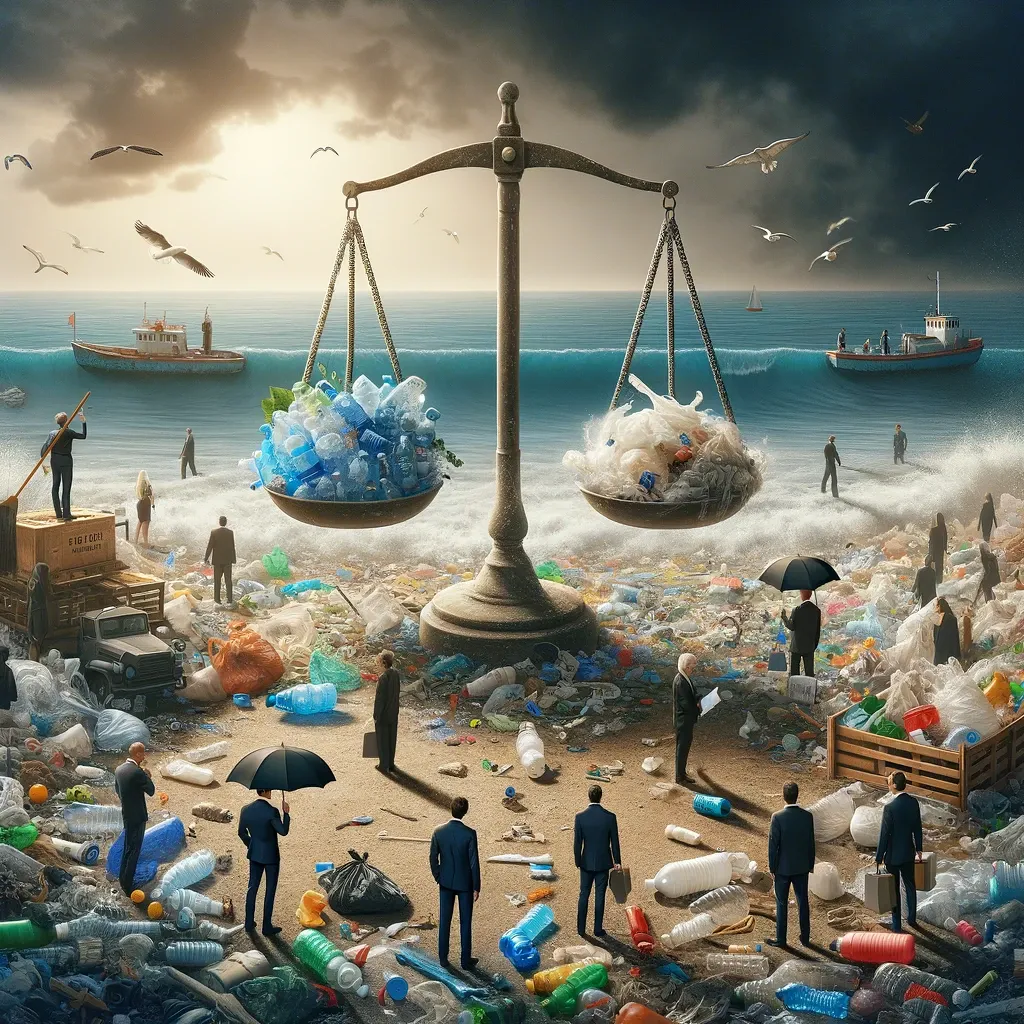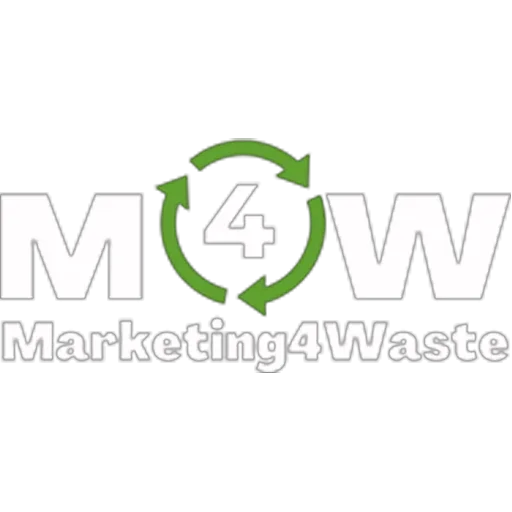Increase the Revenues of Your Waste Company With the Tips Shared in Our Blog Articles

Plastic Crisis: Who Pays For Its Solution?
Plastic is being banned in all Western countries.
I don’t want to say if it’s correct, but I can say that this action is a drop in the ocean that could produce advantages and disadvantages, but I don’t want to discuss it today.
What I read this morning made me think about our Country's wrong approach to a precious resource that is now useless.
Yesterday, I shared an article about the problems that acts are creating around recycling and the circular economy, and today, another one appeared.
Indeed, in Washington DC, they are planning to add a 10-cent deposit for every plastic bottle or can sold (https://wasteadvantagemag.com/10-cents-per-bottle-recycling-companies-in-washington-have-mixed-views-on-proposal/).
In that case, politicians said, “I believe people will feel relieved using a deposit return system, knowing their bottles are more likely to become bottles again.”
Ahahahahha!
I’m sorry, but I cannot avoid smiling!
How can someone think that its bottle will become another one just because people pay a deposit?
It’s so obvious that this is the wrong possible approach.
And even if the Washington Refuse and Recycling Association replied, “But the materials we’ll be picking up will be less valuable,” they didn’t offer the right solution to this incredible mistake that will decrease the quantity of waste collected and the revenue obtainable.
In fact, as I titled this article, who pays for it?
Ultimately, it seems you’ll pay for this crisis, reducing your revenue and margins if you are in Washington, D.C..
But what will happen if they will apply this approach even in other areas?
The same: you’ll lose your revenues.
If you consider the average price per metric ton of plastic, 40 dollars, and if you consider that they are asking you to give 10 cents for every bottle (20 ounces) and that in 1 pound, there are approximately 20 bottles. It means that there are 40,000 bottles in a ton. Doing the math, we have that 40,000 bottles X 10 Cents = $ 4,000.00 per Ton.
They are not considering the real value of PET, and even if there are other states that are paying the same amount (like Michigan) that's a mistake.
Let me add that it’s risky to be involved in a system like this one.
It’s risky because your company will risk going bankrupt in a few days, if they want, you’ll participate in the deposit restitution once you collect the bottles.
But before they go ahead with this idea, let’s help them understand how you can help them solve their problems instead of considering yourself part of the problem.
First, plastic bottles are one of the best resources for many things.
They are usable for producing clothes, new bottles, new plastic items, and more.
Why that’s important?
If there are facilities involved in the production of the products mentioned above, you can start contacting them to find an agreement and launch a collaboration, becoming their supplier of raw materials.
It will help the local economy, boost the creation of jobs, and, honestly, increase the quality of life in the city or town where you are.
Once you start with the creation of this agreement, you are a step closer to transforming plastic bottles into something valuable.
More than the wrong ideas shared by politicians.
Now it’s time to collect the bottles.
What strategies can you put in place?
If you collect municipal solid waste, the best solution is to share educational materials like videos, articles, magazines, and newsletters that explain how the bottle should be cleaned and inserted in the plastic bag and why it’s important for them.
Remember that you should always talk to them, sharing the advantages for your clients, even if they are citizens. The advantages could be a discount on the bill for every 100 pounds of plastic bottles, or something like that.
If you collect commercial waste, the strategy could be the same, adding the possibility of obtaining a certificate that shares that the company is actively participating in plastic reduction thanks to your support. You can also add the results of the amount collected and transform it into other goods, bottles, clothes, and more.
Remember that especially largest companies are searching for things to decrease their CO2 footprint, and that’s one of the ways.
With a simple strategy, like this, you’ll be able to help the government avoid creating useless acts that put your waste management company at serious risk.
Does it sound interesting to you?
Let me know by texting Plastic Act at +1(727)307-2695, and I’ll share the complete strategy you should follow in a 60-minute call valued at $ 500.00.
I’ll wait to hear from you
All the best
Sam


© 2025 Marketing4waste - All Rights Reserved,
Marketing4Waste is a brand of MiM MarketingInterimManagers LLC
+1 801 804 5730

